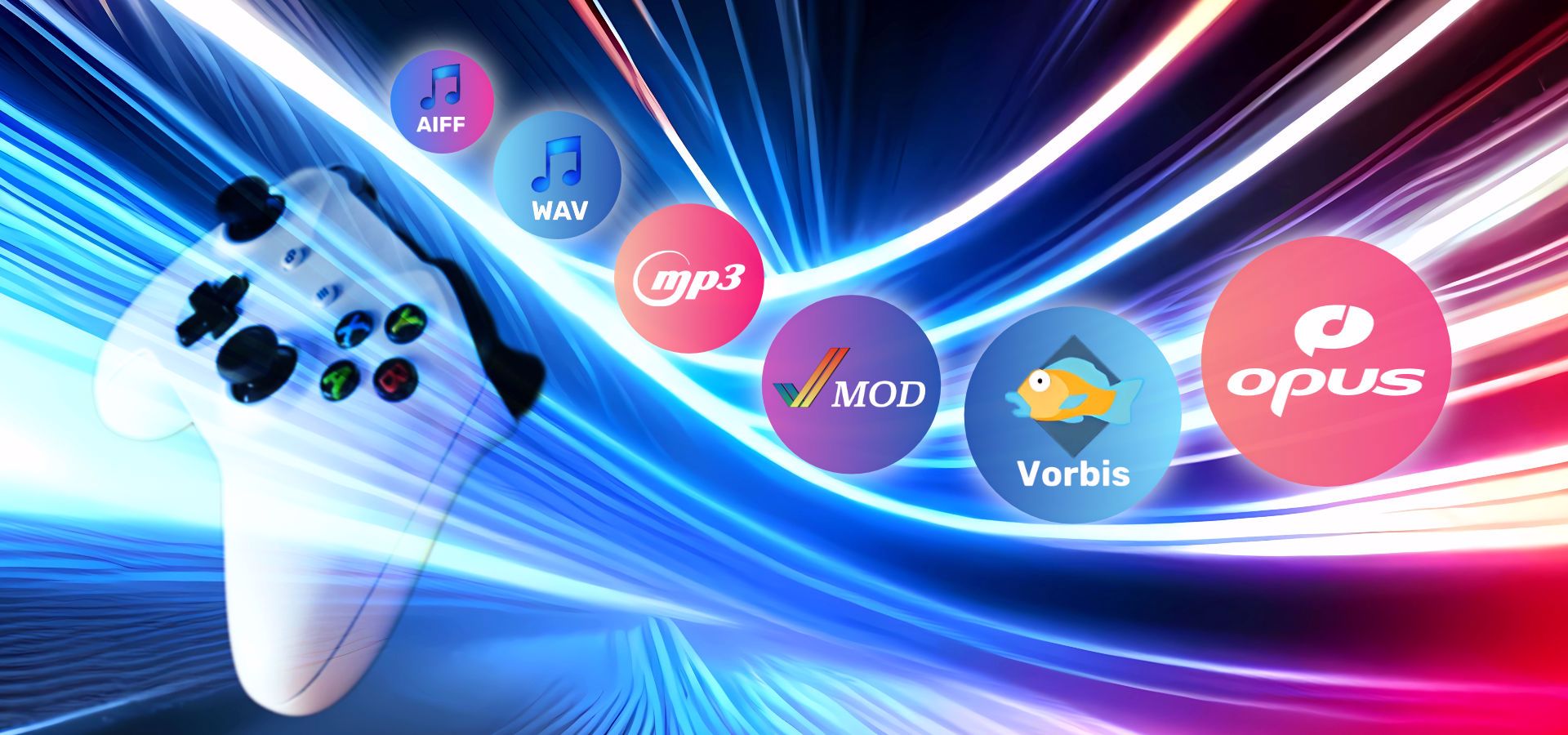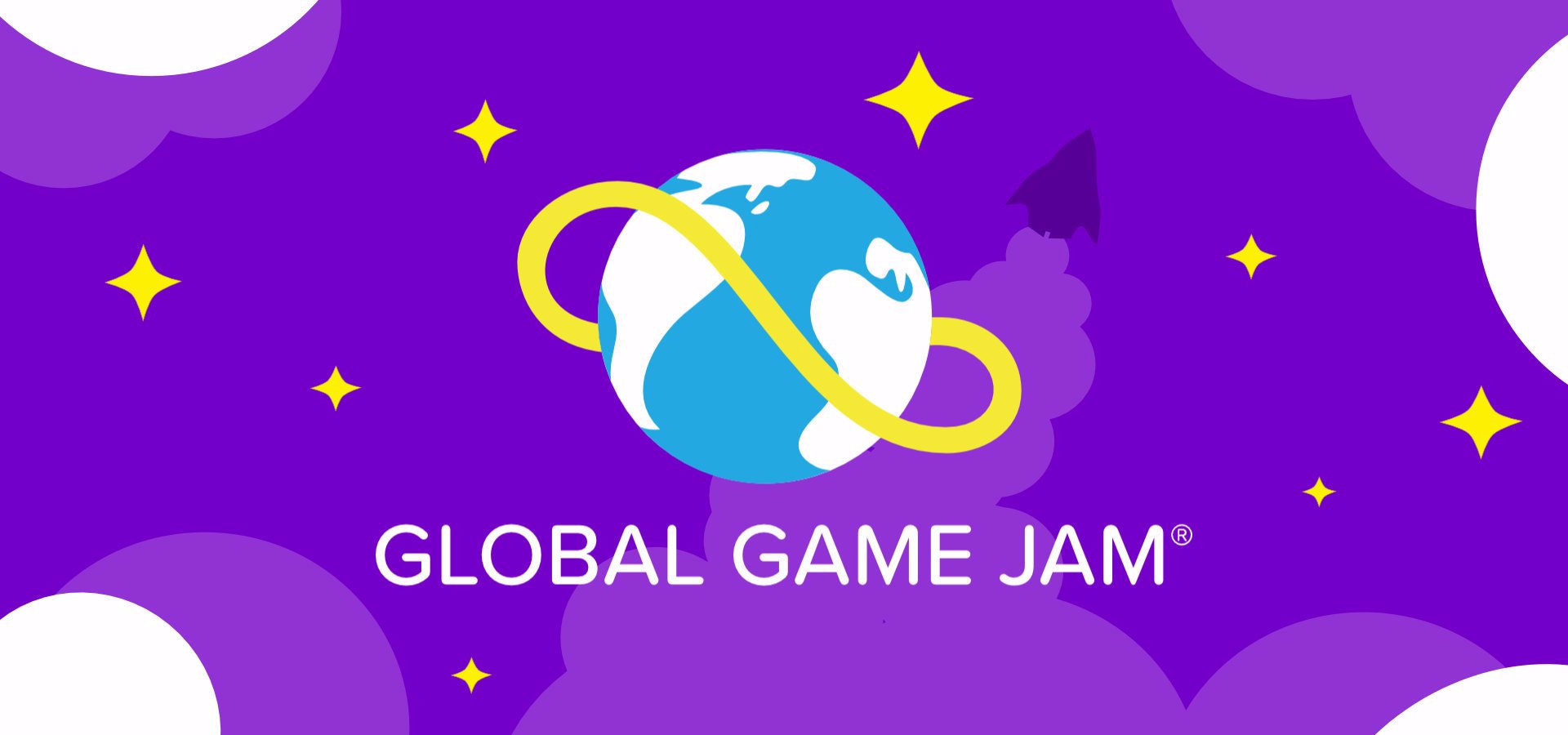Wwise, developed by Audiokinetic, is a powerful audio middleware used in game development to create dynamic and rich auditory experiences. It offers advanced tools for music, sound design, integration, and real-time audio management across multiple game engines.
The Wwise Godot integration has been updated to support the latest version of Wwise (2024.1.1) and Godot 4.3. This update introduces new features and significant improvements over the previous version, which was released in December 2023, designed for compatibility with Wwise 2023.1 and Godot 4.2. The latest version improves usability by introducing workflows similar to those already used by the Unity and Unreal integrations.
A key update in this release is the shift to using the WwiseProjectDatabase as the data source, replacing the previous method that relied on the Wwise Authoring API (WAAPI) to generate Godot-compatible Wwise IDs. The previous approach had several limitations, including the need for the Wwise authoring project to be open alongside the Godot Editor, potential conflicts when multiple projects were open, lack of a hierarchical overview of the Wwise project, and the need to manually regenerate IDs in Godot whenever SoundBanks were updated. In contrast, the WwiseProjectDatabase addresses these issues by tracking all relevant Wwise project data and automatically updating by monitoring a user-specified SoundBank directory.

The Browser and Picker are now both populated with data from the ProjectDatabase.
Support for Wwise types has also been added. These are collections of classes representing core objects within Wwise, such as SoundBanks, Events, Game Parameters, States, and Switches. When a Wwise Type is exported in a Godot script (serialized and made available in the Inspector for users to edit), a button will appear in the Godot Inspector, allowing users to select the desired object via the dedicated Wwise Picker. In addition, Wwise Types come with built-in functionalities that allow developers to interact with these objects directly.
The integration now supports Auto-Defined SoundBanks by default, automatically handling events that aren't part of a User-Defined SoundBank. It prepares or unprepares these events as needed, streamlining the process without requiring manual management.
In previous versions, enabling plugins was a complex process, requiring users to recompile the integration and manually specify which plugins to use (e.g., AK Convolution Reverb). This process has now been simplified for all supported platforms. Users can now easily use custom plugins without recompiling the integration. The system will automatically detect custom plugins in the project.
Other additions in this release include Wwise objects as Godot assets (resources) and In-Engine Documentation. When selecting a Wwise object from the Wwise Picker, the corresponding resources are automatically created in the Godot project. These assets store information such as the name, ID, GUID, and additional metadata of the Wwise object. Users can also access brief documentation and code snippets for functions in the Wwise and WAAPI singletons, as well as for various Wwise types, directly within the editor.
For more details about the new version, be sure to check out the official announcement on Audiokinetic's blog. You can download the release from the GitHub releases page.




